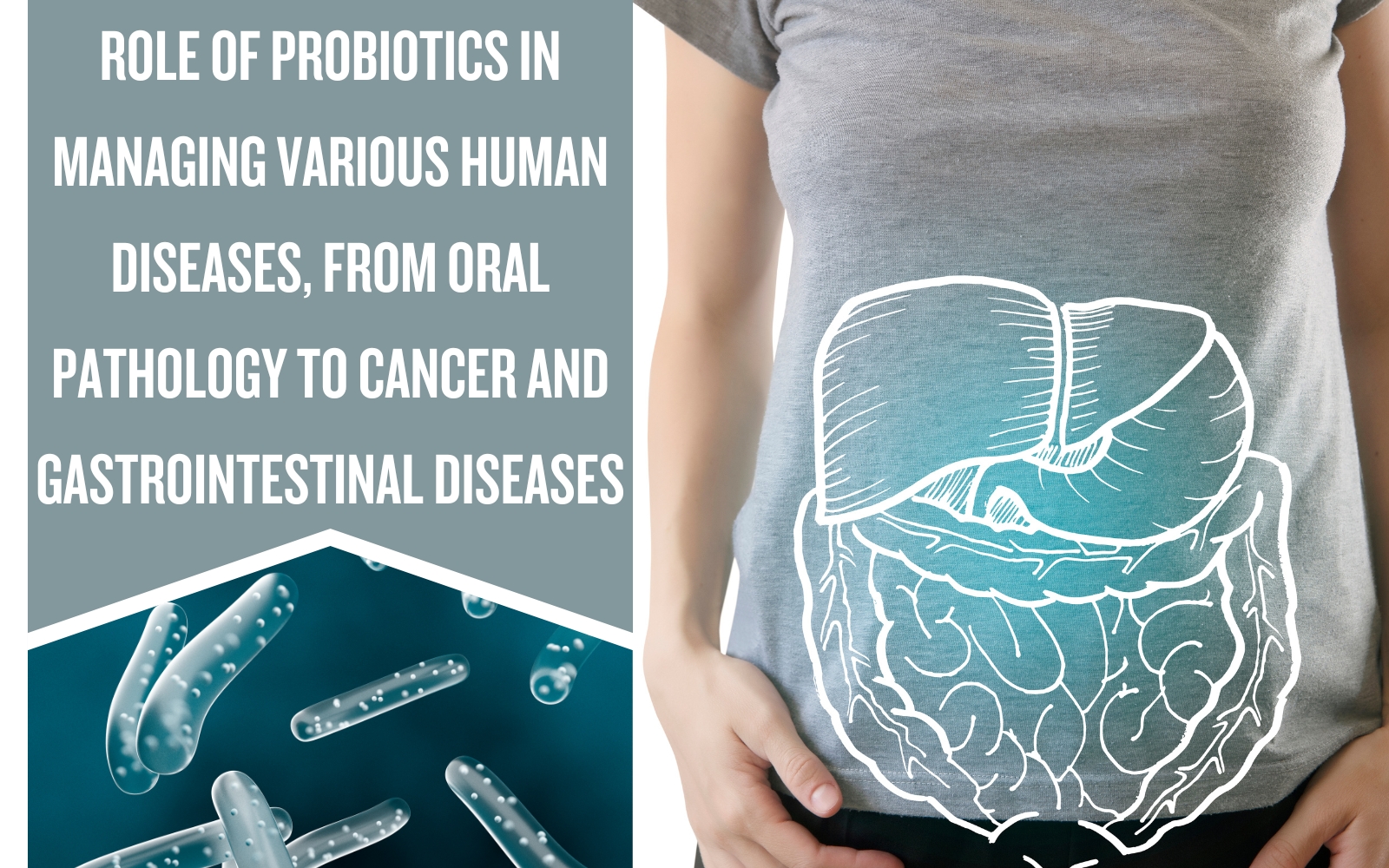Probiotics play a vital role in human health by maintaining the balance of gut microbiota and offering numerous health benefits, including antimicrobial, anti-inflammatory, and antioxidant properties. The review, "Role of Probiotics in Managing Various Human Diseases," explores the potential of probiotics in preventing and treating a range of diseases, including gastrointestinal disorders, oral health issues, and even cancer.
The disruption of gut microbiota, known as dysbiosis, can lead to various health problems such as obesity, inflammatory bowel disease (IBD), and neurological disorders. Probiotics, which are live microorganisms, help restore this balance by promoting the growth of beneficial bacteria like Lactobacillus and Bifidobacterium. These bacteria enhance the body's immune system, improve digestion, and help prevent infections by competing with harmful bacteria for space and resources.
Probiotics are particularly effective in managing gastrointestinal diseases. For instance, in cases of diarrhea, they produce anti-pathogenic compounds and stimulate the host's immune response to combat infections. Research shows that probiotics can reduce the duration and severity of diarrhea, especially in children. They are also helpful in treating constipation by improving stool frequency and consistency. In more severe gastrointestinal conditions like IBD, probiotics can help reduce inflammation and restore the gut barrier function, which is often compromised in such diseases.
In addition to gastrointestinal benefits, probiotics have shown promising results in oral health. They can prevent dental caries by inhibiting the growth of harmful bacteria in the mouth and reducing plaque formation. Probiotics like Lactobacillus and Bifidobacterium have been found to reduce gingivitis and improve overall gum health by modulating the immune response and reducing inflammation. They also produce antimicrobial compounds that help combat pathogens responsible for periodontal diseases.
Probiotics' role extends to preventing more serious conditions like cancer. They can help reduce the risk of colon cancer by inhibiting the growth of harmful bacteria that produce carcinogenic compounds. The anti-inflammatory and antioxidant properties of probiotics also contribute to their cancer-preventive effects by reducing oxidative stress and inflammation, both of which are known to promote cancer development.
The review also highlights the emerging field of next-generation probiotics, which includes genetically modified strains with enhanced capabilities. These probiotics are being developed to target specific diseases and offer more personalized treatment options. However, challenges remain in mass-producing these strains and ensuring their stability during processing.
In conclusion, probiotics offer a cost-effective and natural approach to improving human health by maintaining microbial balance and preventing various diseases. From gastrointestinal disorders to oral health and cancer prevention, the therapeutic potential of probiotics continues to grow as more research is conducted in this field.
Referral site: https://www.ncbi.nlm.nih.gov/pmc/articles/PMC10797027/

